 |
 |
 |
 |
 |
 |
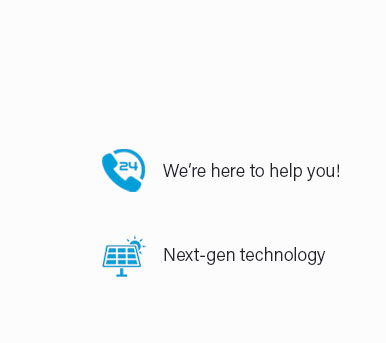 |
 |
 |
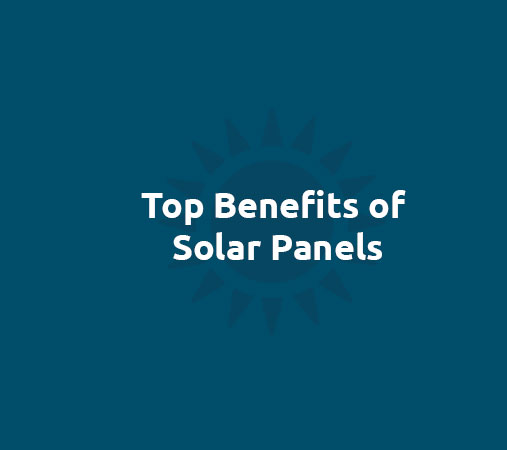 |
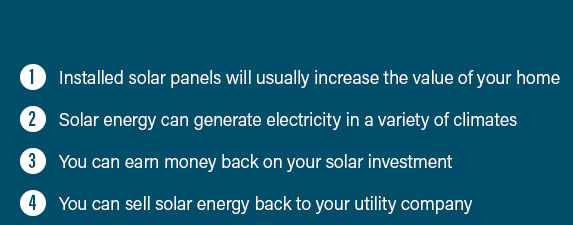 |
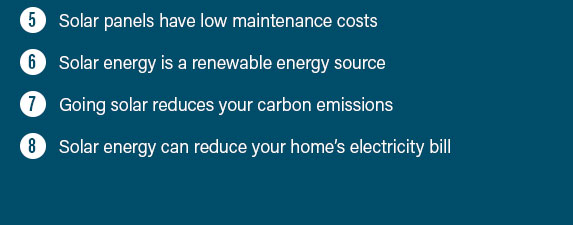 |
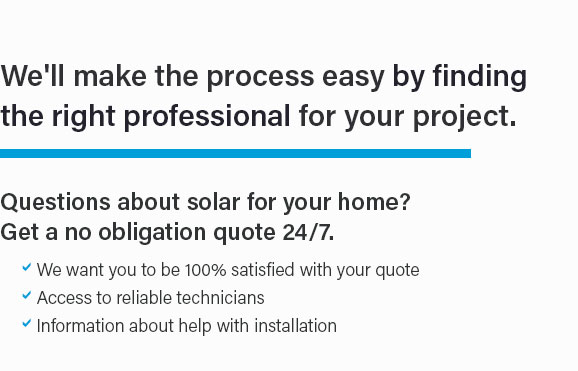 |
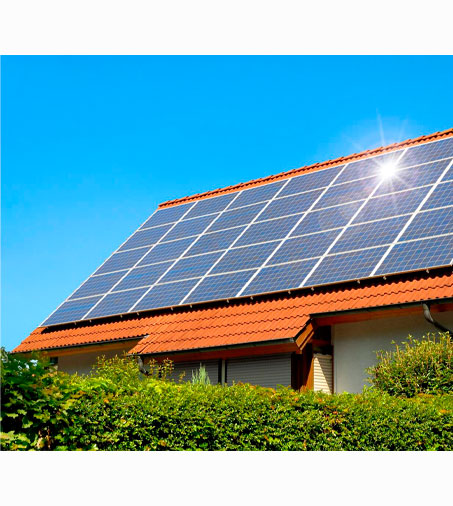 |
|
 |
 |
 |
|
Unleash the power of the sun with our state-of-the-art solar panels installation quote, transforming your property into an efficient solar field installation marvel; experience unparalleled energy independence and cost savings as our expert team seamlessly integrates cutting-edge technology tailored to your unique needs, ensuring every ray of sunshine is harnessed to its fullest potential-say goodbye to soaring energy bills and hello to a sustainable future with confidence and ease.
https://www.energy.gov/eere/solar/farmers-guide-going-solar
Can I still install solar PV? You should not burn crops underneath or around solar installations; this could lead to electrical fires and damaged equipment. If ... https://arka360.com/ros/solar-farm-panel-installation/
Solar farms are large-scale, ground-mounted solar installations. Solar farms utilize photovoltaic (PV) panels or other means of a system that collect solar ... https://www.vermeer.com/na/renewable-energy/solar
Vermeer equips you with specialized machines and support solutions including an extensive dealer network for solar farm installation work. Clearing the way ...
|